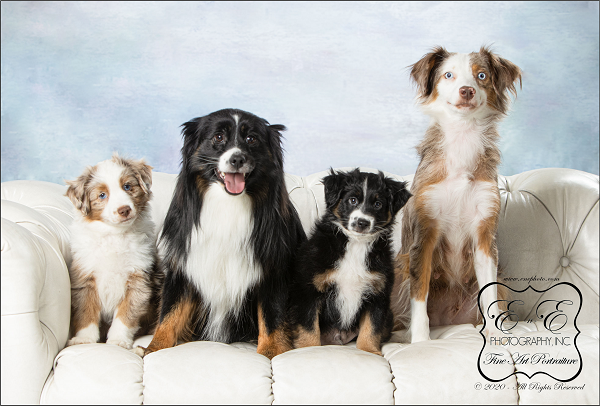When a dog is a carrier of the MDR-1 Gene it is at risk of having an adverse reaction to the drugs listed below if given higher doses.
If a dog has double MDR-1 (Dominant) gene it will have adverse reactions to the drugs listed below at any dosage.
It is important to know this ahead of time to prevent the use of the medications listed below as the results can be fatal. |
| Known MDR-1 Sensative Drugs |
| Ivermectin | Commonly found in heartworm medications |
| Loperamide | Imodium over the counter antidiarrheal agent |
| Doxorubicin | |
| Vincristine | |
| Vinblatine | Anti-Cancer agents |
| Cyclosporin | Immunosuppressive agent |
| Digoxin | Heart drug |
| Acepromazine | Tranquilizer |
| Butorphanol | "Bute" pain control |
| Possible MDR-1 Sensative Drugs |
| Ondansetron, Domperidone, Paclitaxel, Mitoxantrone, Etoposide, Rifampicin, Quinidine, Morphine |





